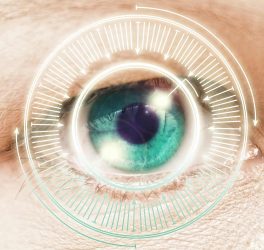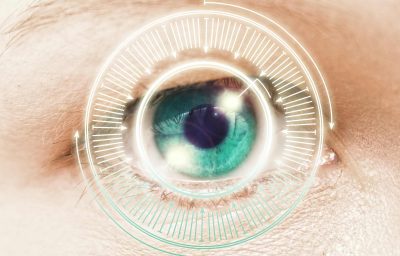
Addressing Brain Health in Adults With Intellectual Disabilities and Developmental Disabilities: A Companion to the KAER Toolkit for Primary Care Providers is a new publication from the Gerontological Society of America (GSA) designed to address the needs of adults with intellectual and developmental disabilities (I/DD) who develop dementia.
Freely available at geron.org/brainhealth, this companion document:
- Raises awareness of unique needs of adults living with I/DD.
- Equips and encourages caregivers and health care teams to engage in appropriate brain health conversations with adults with I/DD.
- Promotes brain health conversations and early detection of changes in cognitive and adaptive function for adults with I/DD.
- Assists with the identification of community supports and resource networks aimed at enhancing function and quality of life for adults with dementia and I/DD.
It complements the GSA KAER Toolkit for Primary Care Teams, which is based on a four-step framework for addressing brain health in adults:
- Kickstart the brain health conversation
- Assess for cognitive impairment
- Evaluate for dementia
- Refer for community resources
Adults with I/DD have a wide range of cognitive and functional capacities that may complicate assessment of cognition. Dementia may be more prevalent and occur in younger ages in certain types of I/DD, particularly Down syndrome. In other conditions, the rate of developing dementia is similar to that of the general population.
“Adults with intellectual and developmental disabilities are a diverse population with complicated needs. This companion document is designed to help health care providers be better prepared to meet these needs and provide brain health care to these individuals,” said Matthew P. Janicki, PhD, co-president of the National Task Group on Intellectual Disabilities and Dementia Practices (NTG) and a member of the advisory board for the companion document.
“Identifying and assessing manifestations of new cognitive impairments or dementia may be complicated because these manifestations may be mistakenly attributed to underlying disability,” added Janicki. “Additionally, cognitive impairment due to other causes, such as a medication change, may not receive a thorough evaluation. Further, in the general population, assessments of cognitive function are typically based on population norms; thus, in most cases, these assessments are not appropriate for individuals who have pre-existing impairments in cognition or function. Furthermore, there is a paucity of primary care providers or neurological specialists with experience in caring for adults with I/DD.”
The new companion document is intended to help address these gaps in care provided to the I/DD population by supporting direct service providers and medical providers to detect and address changes in function and cognition that might indicate dementia in an adult with I/DD.
“Because of the complexity of the population, it is essential to establish baseline levels of function and cognition for adults with I/DD so that changes can be effectively identified,” said Lucille Esralew, PhD, an NTG board member.
Strategies for assessment and evaluation must also be modified to make them appropriate for adults of varying cognitive and functional capacities. Finally, because adults with I/DD may have needs that differ from the general population, interventions and supports may require adaptations. Details about each of these steps are shared in the companion document.
Collaborating organizations for the development of the companion document include the NTG, the Ohio Association of County Boards of Developmental Disabilities, and the Ohio Council for Cognitive Health. Eisai provided support for the publication.








